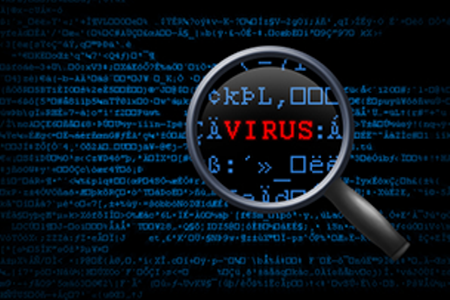The SUPERAntiSpyware team has been very busy the past months completing our latest round of technology for the 4.x version of SUPERAntiSpyware. We have been asked repeatedly by our users to explain what is so different about some of our new technologies, and why they are important in the removal of Malware.
To properly address this topic, we need to step back and describe some of the new forms of malware we are seeing installed on end users’ systems and what is required of today’s anti-spyware applications to properly detect and remove those threats.
What should an anti-spyware application be able to accomplish?
An anti-spyware application needs to be able to detect, remove and repair damage done by spyware infections. Although this statement is quite obvious, the technologies required to accomplish this task certainly are not. Today’s scanners need to go far beyond MD5 checksums, file name identification, and basic heuristics to defeat the new breed of threats that are here today and even tougher threats that are on the horizon.
Does scanning speed matter?
We tend to see lots of forum posts and reviews regarding the scanning “speed” compared to other products. Some products are faster than others, but is faster necessarily better? If one scanner is faster, yet does not catch the threats, then scan time means nothing. Who is to say what an appropriate scan time is? Virus scanners are notoriously slow, but yet they do not come under the barrage of attack that the anti-spyware scanners seem to come under in regards to scanning speed; yet they both are rooting out threats on your system.
What’s all this continued fuss about rootkits? Are they for real?
Let’s consider a specific example of a form of Malware that is testing the ability of scanners to detect and to remove them from users’ systems. Rootkits are an important element and example of the malware we are seeing daily on users’ systems. Rootkits are for real and they are getting trickier as the technologies are further developed by the “bad guys.” With the huge amount of money involved in dissemination of spyware, you can be sure that the threats are getting harder to detect and remove. The “next generation” of rootkits can be so deeply hooked into the system that they are almost undetectable by the current generation of scanners. If a product simply relies on the Windows API (Windows standard interface) for accessing the file system, you can be sure they are missing many of the rootkit style infections that are already in circulation today.
These “next generation” rootkits can silently monitor your system, log keystrokes, send data right under your firewall’s nose, and yet show no signs of infection on the user’s system. You may scan your system with several scanners and “appear” clean, but all the while your system and and your personal information are being compromised.
How we have addressed the problem
One of the major technologies we have developed in our research laboratories to address the “next generation” rootkit infections is our DDA (Direct Disk Access) technology. This technology was developed over a 2 year period and included exhaustive testing to fine tune it. Now the technology allows SUPERAntiSpyware to “see around’ these rootkits by directly parsing (reading) the hard disk so the threats no longer can block our ability to detect their existence. In addition, the DDA technology is required to remove these threats because they are hooked so deeply into the system that they “start” long before most drivers are even loaded; no matter how early we try to get “hooked in,” the rootkits seem to find ways to hook in earlier Thus there is the need to develop another proprietary method to remove the “heart” of these infections.
Can a single product detect everything? (Does this mean SUPERAntiSpyware catches everything?)
No matter how good any company’s technology is, no single product can detect and remove every threat on a given day as there are simply too many threats coming out daily to be able to catch everything no matter how many resources are dedicated to the problem.
However, our aim is to Remove ALL the Spyware, NOT just the Easy Ones!
You might wonder why we can make this claim. In today’s world of spyware, adware and malware, the landscape changes on a daily basis as new variants of the harmful applications are created and deployed. We realize this fact and therefore have created special diagnostic tools to quickly locate these new variants on user’s systems. The pertinent information is supplied directly to our malware research staff so they can update our detection and removal rules immediately and thus remove the new variant from user’s systems. That is why you may see more than a single update of our definitions on a given day.
What’s next?
Although the Direct Disk Access technology is a major step forward in the detection and removal of difficult to remove malware, we are already developing the next generation technology beyond Direct Disk Access that will be required to remove the threats of the future.
.png)





